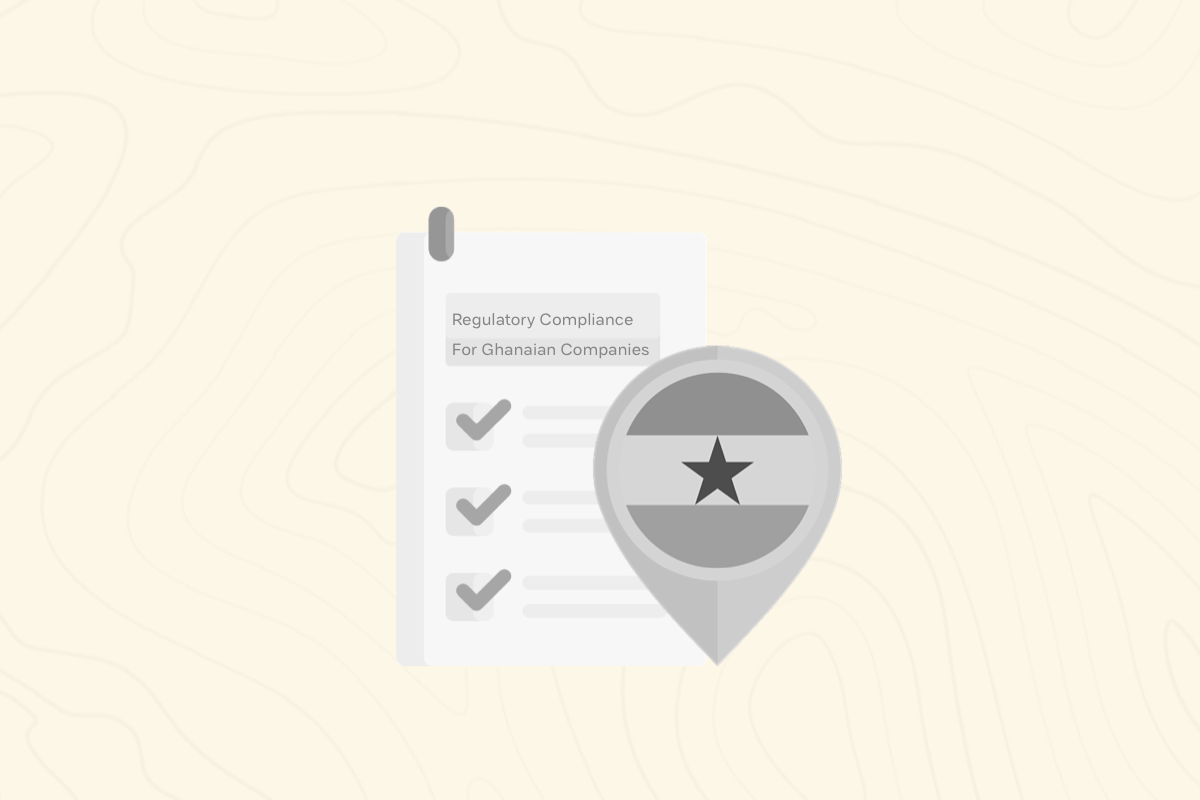Nigeria is a vibrant and exciting place to do business. With a population of over 200 million people, a rapidly growing economy, and a wealth of natural resources, Nigeria offers entrepreneurs a wealth of opportunities.
If you’re thinking of starting a business in Nigeria, one of the first things you’ll need to do is register your business with the Corporate Affairs Commission (CAC). The CAC is the government agency responsible for regulating businesses in Nigeria.
The process of registering a business in Nigeria can be complex and time-consuming. However, by following the steps outlined in this guide, you can make the process as smooth and painless as possible.
Step 1: Choose a Business Structure
The first step in registering a business in Nigeria is to choose a business structure. The most common business structures in Nigeria are:
Sole proprietorship
A sole proprietorship is a business owned and managed by one person. This is the simplest and most common business structure in Nigeria. For a sole proprietorship, the business name must be registered if it consists of more than:
- The surname of the individual;
- The surname and first name of the individual;
- The surname and initials of the first name of the individual.
For instance, If Idahosa Johnson carries on business as “Ida’s fries” that name is regarded under the law as a business name and must be registered.
But if he carries on business simply as I. Johnson, he would not need to register it as a business name.
To register a business name as a sole proprietorship you need
- To register the business with Corporate Affairs Commission (CAC). You can register your business name on Norebase.
- A government issued I.D card such as the National I.D card or voters card
- Details regarding the business such as the address and name of business
Partnership
A partnership is a business owned and managed by two or more people. For a partnership, the business name must be registered if the name consists of more than:
- The surnames of the partners;
- The surnames and first names of the partners;
- The surnames and initials of the first names of the partners.
For instance, If Ade Adio, Mohammed Sani, and Obi Okafor carry on business as “Adio, Sani, and Okafor” OR “Ade Adio, Mohammed Sani, and Obi Okafor” OR “A. Adio, M. Sani, and O. Okafor” then there would be no need to register a business name.
However, if Ade, Mohammed, and Obi carry on a business in partnership under the name “Wazobia Enterprises” then this business name must be registered.
Limited liability company (LLC)
An LLC is a business entity that provides limited liability to its owners. This means that the owners’ personal assets are not at risk if the business is sued.
The liability of the owners of a limited liability company can be limited either by shares or by guarantee. Where “limited by shares”, the owners have a shareholding in the company that represents how much of the company they own.
When liability is “limited by guarantee”, the liability of the members is limited to the amount the members have agreed to contribute to the assets of the company in case the company winds up.
Thus, in any instance, the liability of an individual for the debts incurred by the company is limited only to the full extent of the capital contributed by the shareholder or the guarantee offered.
An LLC must be registered at the Corporate Affairs Commission. Register your LLC here.
Step 2: Choose a Business Name
Once you’ve chosen a business structure, you’ll need to choose a business name. Your business name must be unique and not already registered with the CAC. You can search for available business names on Norebase.
Step 3: Register Your Business
Once you’ve chosen a business name, you’ll need to register it with the CAC. You can register your business online on Norebase or in person at a CAC office. Registering your business makes it formalized and enables you to access loans, grants, investments and much more.
Step 4: Obtain the Required Business Documents
Once you’ve registered your business name, you’ll need to obtain the required business documents. These documents allow you to operate a business in Nigeria. The cost of business documents varies depending on the type of business. When you register with Norebase, we help you obtain the required documents to operate your business in Nigeria.
Step 5: Register for Taxes
Once you’ve obtained a business license, you’ll need to register for taxes. In Nigeria, businesses are required to pay a variety of taxes, including income tax and value-added tax (VAT). The amount of tax you owe will depend on the type of business you operate and your income. When you register your business with Norebase, we help you get your Tax Identification Number and other add-ons you may require.
Step 6: Open a Business Bank Account
Once you’ve registered your business and obtained a business license, you’ll need to open a business bank account. This will allow you to deposit and withdraw money, pay bills, and manage your finances. This goes without saying, but yes, when you register your business with Norebase, we can help you open a business bank account.
Step 8: Comply with Regulations
As a business owner in Nigeria, you’ll need to comply with a variety of regulations. These regulations vary depending on the industry you operate in. On Norebase, we can keep you compliant with regulations using AutoComply, our complete regulatory compliance toolkit for any business operating in Nigeria, Ghana, Rwanda, the U.S, and other parts of the world,
Conclusion
Registering a business in Nigeria can be a complex and time-consuming process. However, by following the steps outlined in this guide, you can register your business on Norebase, making the process as smooth and painless as possible.




9 thoughts on “CAC Business Registration in Nigeria [Updated for 2024]”